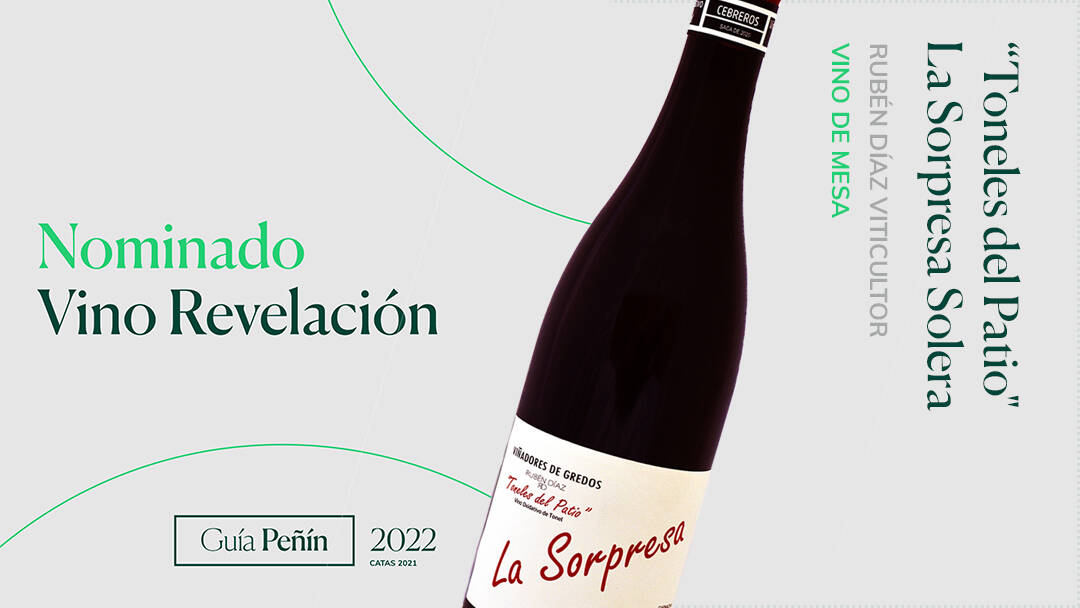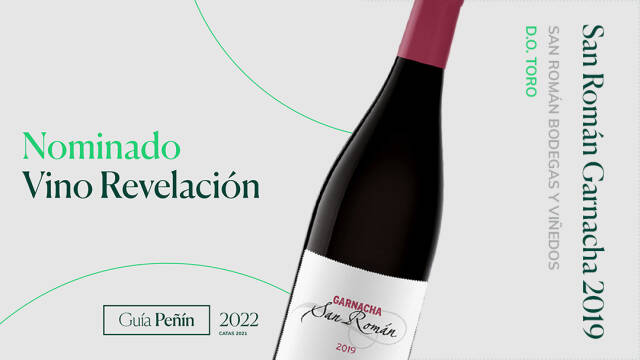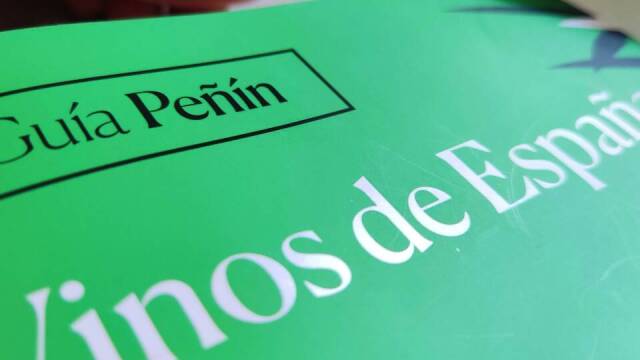In the past, before the Cooperative was created in the area, families made wine in their own homes. On the one hand, they made wine from their own vineyards, which they then sold through an established system of appraisers and mediators in the village. But there were other wines that were kept at home; the wines of self-consumption. These wines were kept in clay jars and barrels.
Rubén tells us that it was customary to keep in the clay jars the wine for daily consumption: sweet albillo and garnacha, and dry wines. There was also the custom of storing larger wines in wooden barrels. These were festive wines, created for special occasions, such as the birth of a child or a wedding, and as wine was extracted, it was completed with wines from other vintages. These wines, due to their relationship with oxygen, had an excellent cellaring capacity, which meant that they could be kept for years.
Conceptually, it was a system similar to that of the Jerez criaderas and soleras but without "escalas", i.e. without ageing levels. The passage of time meant that each cask accumulated "la madre", the heart of the wine, where all the essence and flavour of that cask is found, flavours that are unique and exclusive to its form of ageing.
As ageing and evolution is an important part of these wines, in the past, a place was sought in the house where the temperature differences were very pronounced, and this place was almost always in the attics or upper parts of the houses. These contrasts in temperature acted as an accelerator for the evolution of the wine.
What Rubén has done to contribute his two cents to these wines is to try to replicate this ancestral winemaking process but in the 21st century. Instead of placing the barrels in the backyards of the houses, this winemaker has placed them in the courtyard of the winery, in a sort of Tarragona-style Sol y Serena, but in 225 and 500-litre barrels instead of demijohns.
It seems that the origin of this wine was almost an accident. What started out as a way of not losing unsold wines and keeping them in barrels for years and even blending them, gradually gave way to a cask wine, a style and a taste that its creator recognised perfectly from his childhood.
"Toneles del Patio" La Sorpresa Solera has its origins in the 2010 vintage, something like its solera. For its maintenance, annual sacas are made and completed with the year's wines, although sometimes, instead of refilling with the this wine, barrels are blended after the "saca", so that they do not lose concentration.
It is to be welcomed that people like Rubén make an effort to recover such an ancient tradition as this, as it represents a little piece of our history as a wine-producing country. These wines, although they are not the most widely consumed, are creations of vital importance because they bring us closer to the people and their way of understanding wine. Festive wines were highly appreciated by everyone and giving or sharing them was a sign of generosity and respect for the guests. Of course, this wine is made from high altitude Garnacha grapes. They are located in the municipality of Cebreros, on different soils of decomposed granite and slate, at an altitude ranging from 850 to 950 metres above sea level.
Rubén Díaz is not just any winemaker, he is an important figure in the evolution of the D.O. Cebreros and its wines. Always far from the media spotlight due to his not very outgoing and even shy character, his wines have been growing in the same line as the area, thanks to a successful interpretation of the region. He is a self-taught person, with a great nose for vineyard and winery work, who took the leap in 1999 when he began to vinify the family vineyards that his grandfather ordered him to pull up in order to obtain the replanting rights for Rueda and Ribera del Duero. The arrival of Telmo Rodríguez made him think that the area had potential and he began to make different vintages that he considers to be the beginning of his apprenticeship. In 2007 he came to collaborate with Jiménez Landi and Canopy, giving them grapes in exchange for knowledge. Time, grape harvests and vinifications gave birth to the Viñadores de Gredos project that has brought us here today.
As a winemaker Rubén has drunk from all waters, from the extractive elaborations of his early years, to the extreme natural wines of 2013 to 2016, coming to the search for finesse albeit with structure of today. Who knows if his next steps will be in the search for almost eternal wines, for the moment he recognises that "we have to make wines thinking 15 to 20 years ahead", a statement of intent in the area.
"Toneles del Patio" La Sorpresa Solera is a unique wine in the area, a piece of history of rural Spain in modern times. A wine with strength, uniqueness and an exceptional oxidative style. Undoubtedly a wine worthy of the nomination for Revelation Wine in the Peñín Guide 2022.

 Log in
Log in







